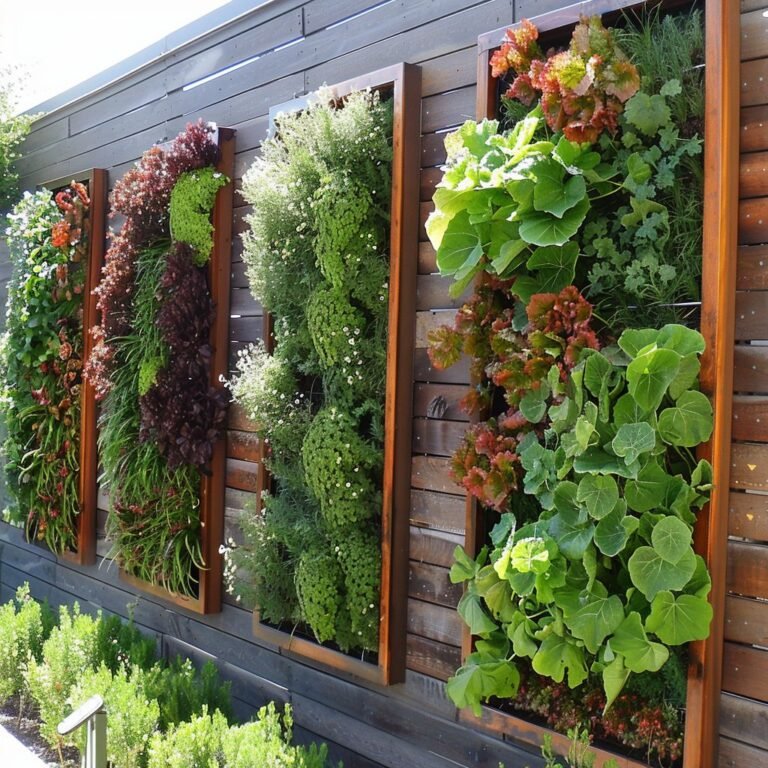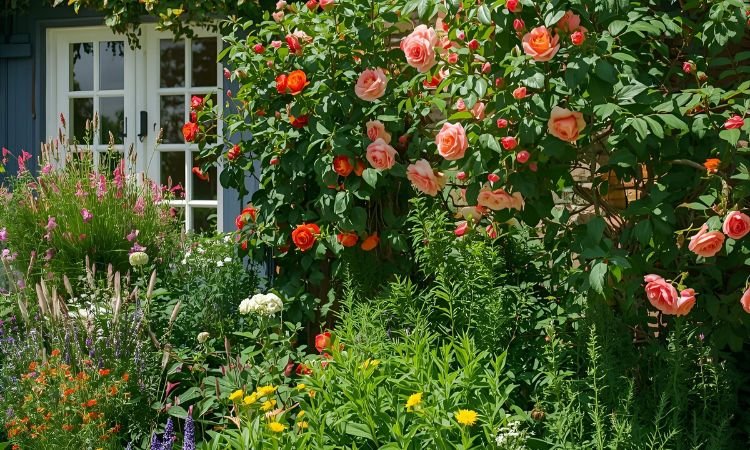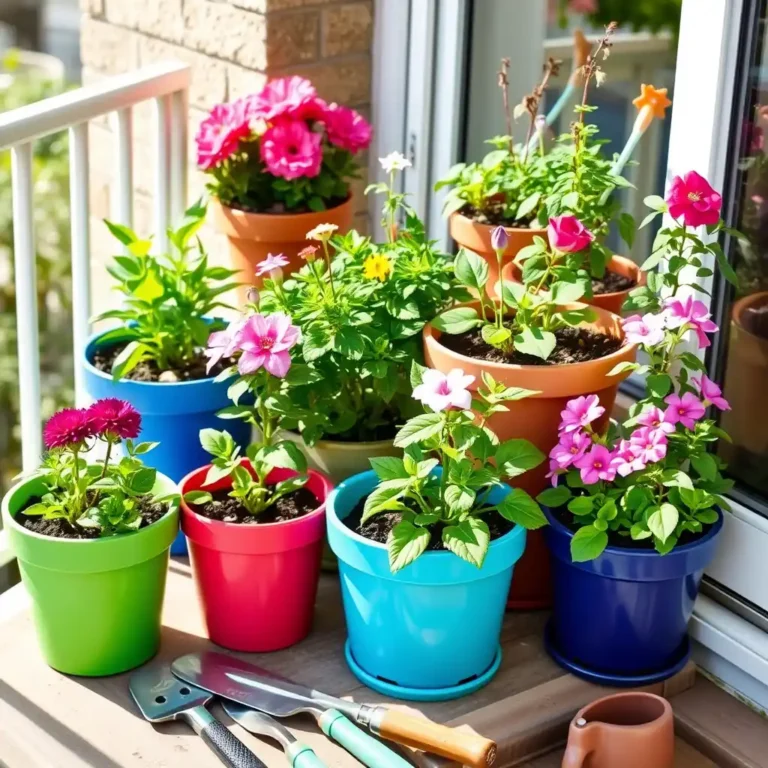18 Ways To Use Natural Baking Soda In The Garden
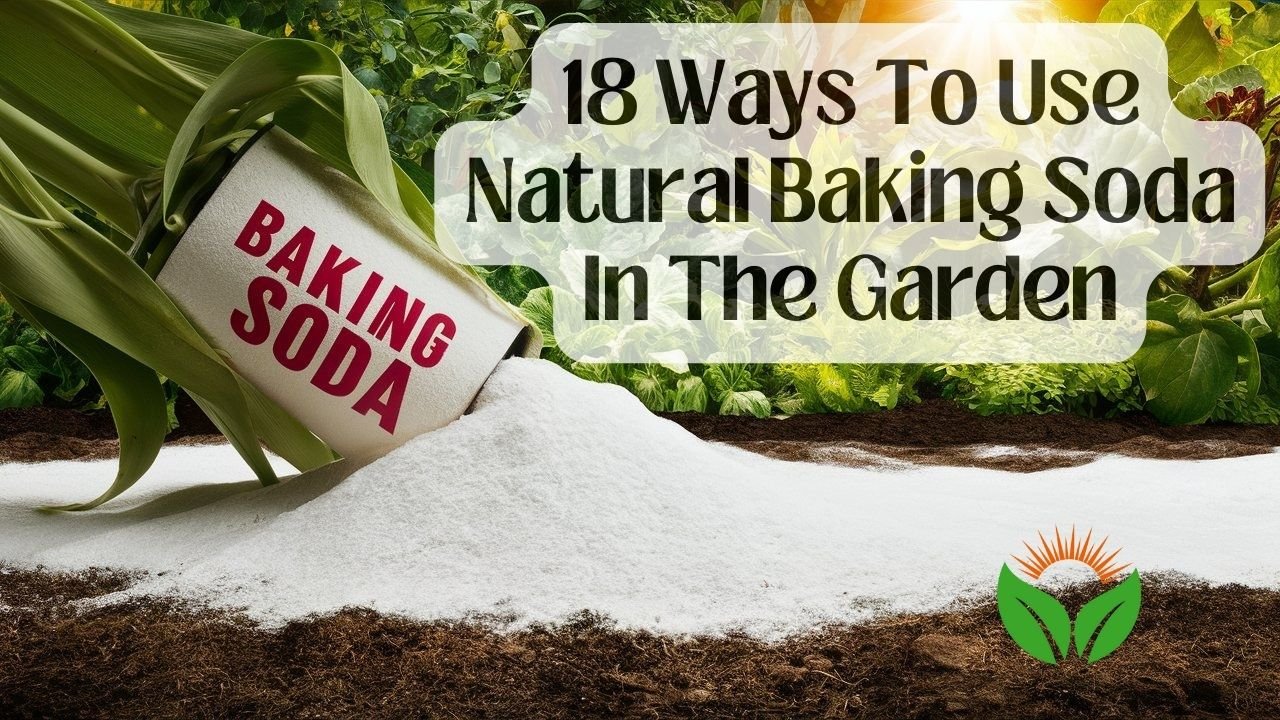
Ever thought about the hidden power of baking soda in the kitchen cupboard? That humble box of baking soda isn’t just for cooking and cleaning. It’s a secret weapon for gardeners too.
There are numerous methods to use baking soda in the garden. Baking soda can prevent fungal infections, repel slugs and snails, and help plants withstand numerous maladies. Most importantly, this is not the end of the list. There’s more.
Let’s explore 18 amazing ways to use baking soda in your garden. These simple, eco-friendly tricks will make your plants thrive. Keep reading to discover how baking soda can transform your garden!
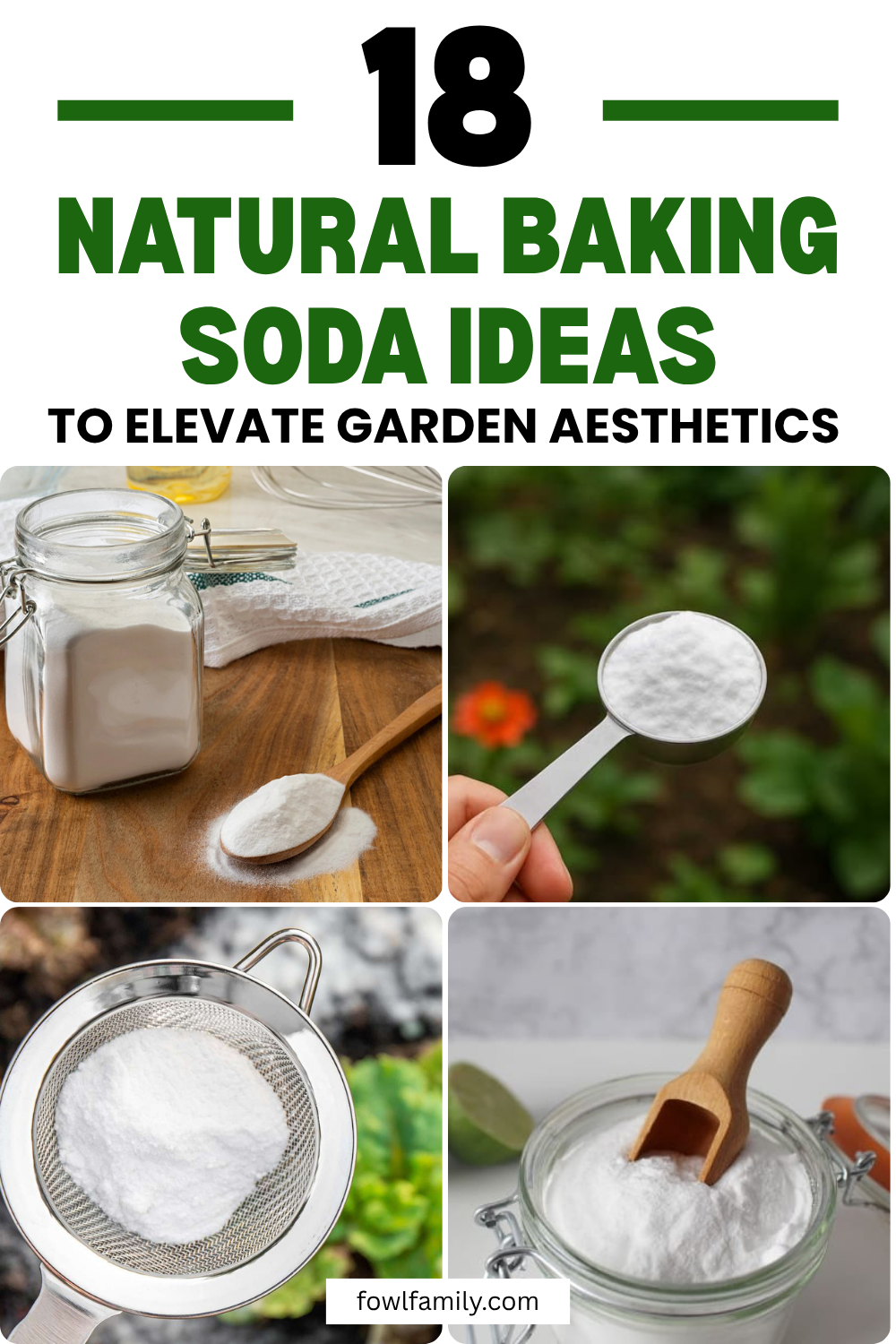
Table of Contents
What Makes Baking Soda a Gardener’s Best Friend?
Baking soda, or sodium bicarbonate, is a natural wonder. It’s safe, cheap, and works magic in the garden. This white powder balances pH levels fights pests and even helps plants grow better. Best of all, it’s kind to the environment. No harsh chemicals here – just pure, natural goodness.
Why Choose Baking Soda for Your Garden?
Baking soda is a gardener’s secret weapon. It’s safe, cheap, and effective. Unlike harsh chemicals, it won’t harm beneficial insects or pollute the soil. You can use it with confidence, knowing you’re helping your garden naturally.
Here’s why baking soda is so great:
- It’s non-toxic to humans and pets
- It’s environmentally friendly
- You probably already have it at home
- It’s versatile – one product, many uses
- It’s budget-friendly
18 Ways Baking Soda Can Keep Your Plants Healthy
No more fluffy discussion. Let’s get to the main discussion. Here are 18 ways of using natural baking soda in your garden.
1. Stop Fungal Diseases in Their Tracks

Fungal diseases can ruin a garden fast. But baking soda can help. Mix 1 tablespoon of baking soda with 1 gallon of water. Add a drop of liquid soap to help it stick. Spray this on your plants once a week. It works great on:
- Roses
- Grapes
- Cucumbers
- Tomatoes
This mix stops mildew and other fungal problems. Your plants will thank you.
2. Natural Way to Test Soil pH
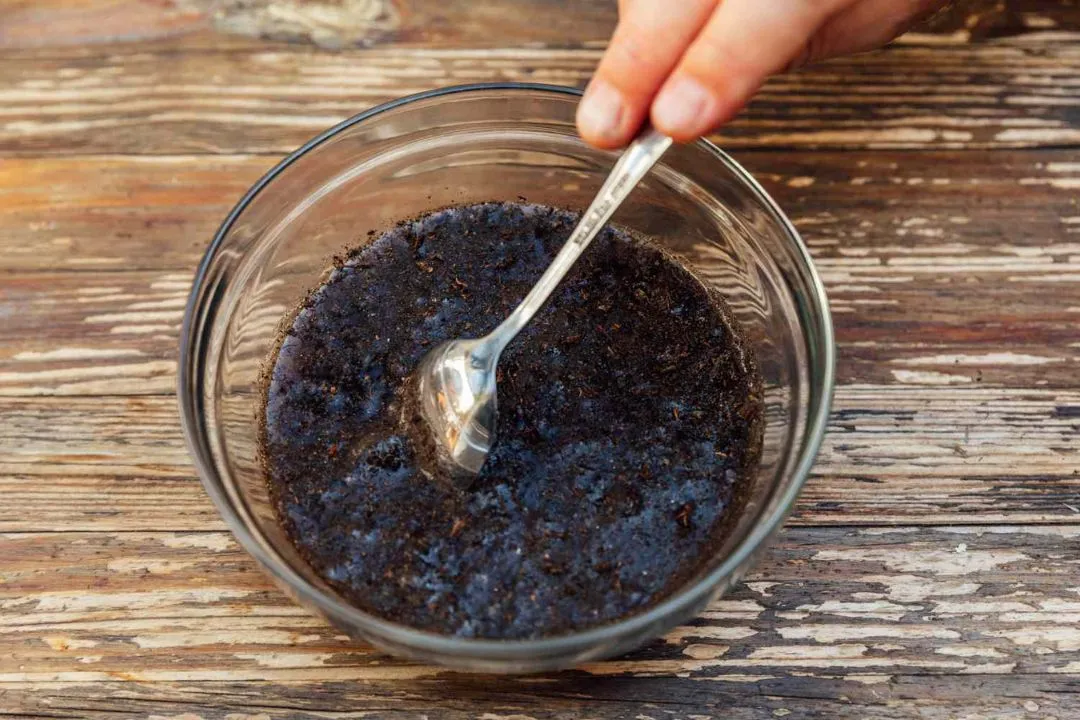
Knowing your soil’s pH is key to healthy plants. But pH test kits can be pricey. Here’s a DIY trick:
- Take two soil samples from your garden.
- Put each in a separate container.
- Add 1/2 cup of vinegar to one sample.
- Add 1/2 cup of baking soda solution to the other.
If the vinegar fizzes, your soil is alkaline. If the baking soda fizzes, it’s acidic. No fizz? Your soil is neutral. Easy and cheap!
3. Sweeten Acidic Soil?
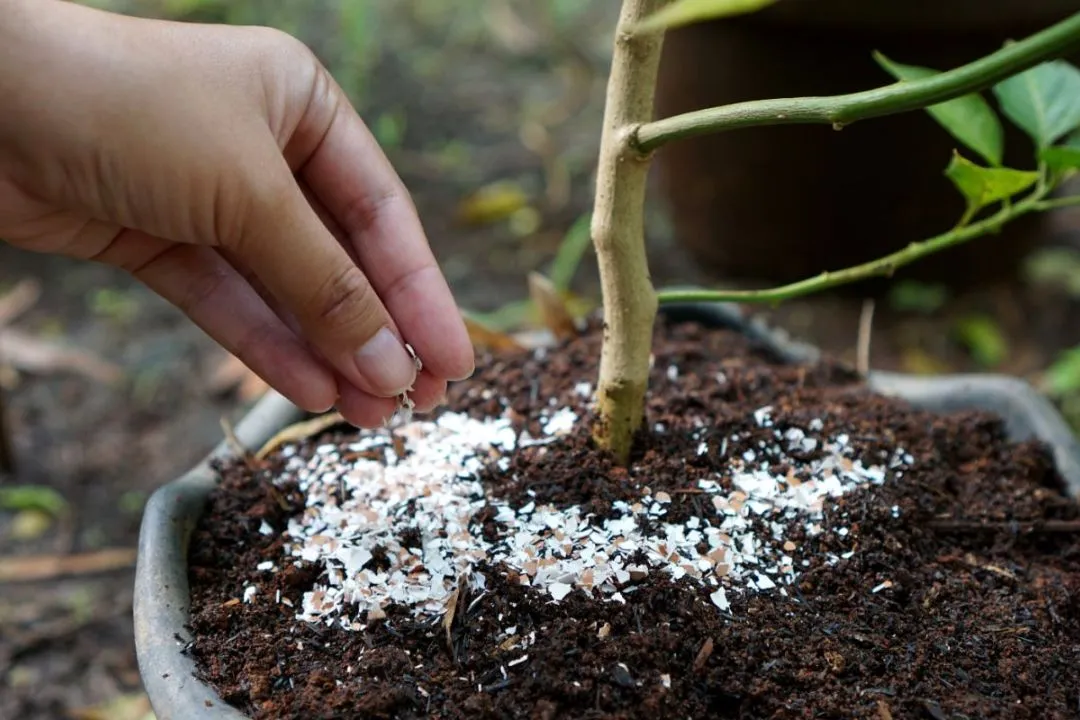
Some plants love acidic soil. But others need it less acidic. Baking soda can help. It’s gentler than lime and works faster. Here’s how:
- Mix 1 tablespoon of baking soda with 1 quart of water.
- Water the soil around your plants with this mix.
- Do this once a month.
This works great for plants that like less acidic soil, like:
- Lavender
- Irises
- Hydrangeas (for pink blooms)
4. Want Sweeter Tomatoes?
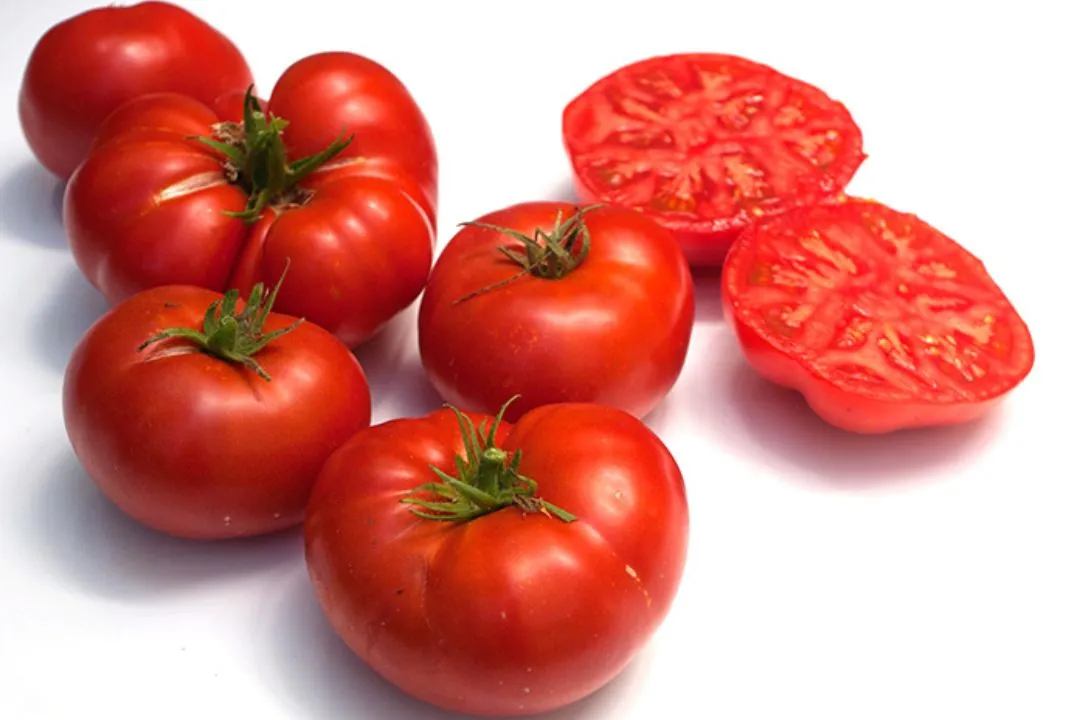
Who doesn’t love a sweet, juicy tomato? Baking soda can help. It lowers the acidity in the soil. This makes tomatoes sweeter. Try this:
- Sprinkle baking soda lightly on the soil around your tomato plants.
- Do this every week or two.
- Water well after each application.
Be careful not to use too much. A little goes a long way.
5. Get Rid of Slugs and Snails
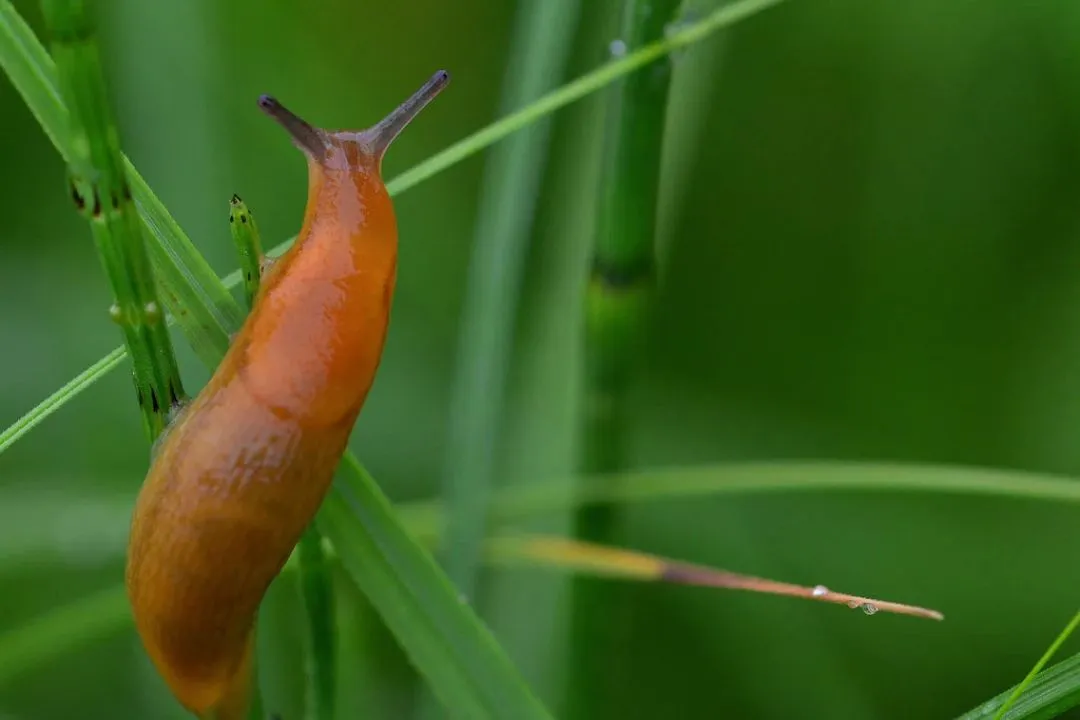
Slugs and snails can destroy a garden overnight. But they hate baking soda. It’s like sandpaper to their soft bodies. Here’s what to do:
- Sprinkle baking soda around plants slugs love.
- Make a circle around each plant.
- Reapply after rain.
This safe barrier will keep slugs and snails away from your precious plants.
6. Want to Say Goodbye to Cabbage Worms?
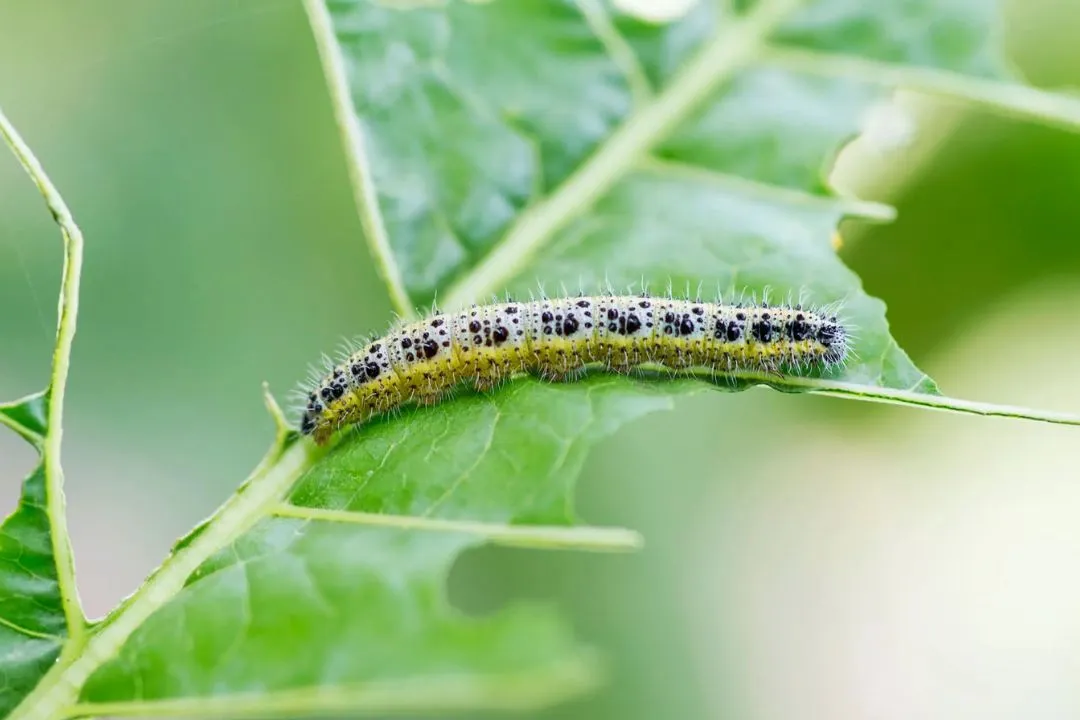
Cabbage worms love to munch on:
- Cabbage
- Broccoli
- Kale
- Cauliflower
But baking soda can stop them. Mix equal parts of:
- Baking soda
- Flour
Dust this mix on affected plants. The worms will eat it and die. Your veggies will be safe and chemical-free.
7. Brighter Blooms?
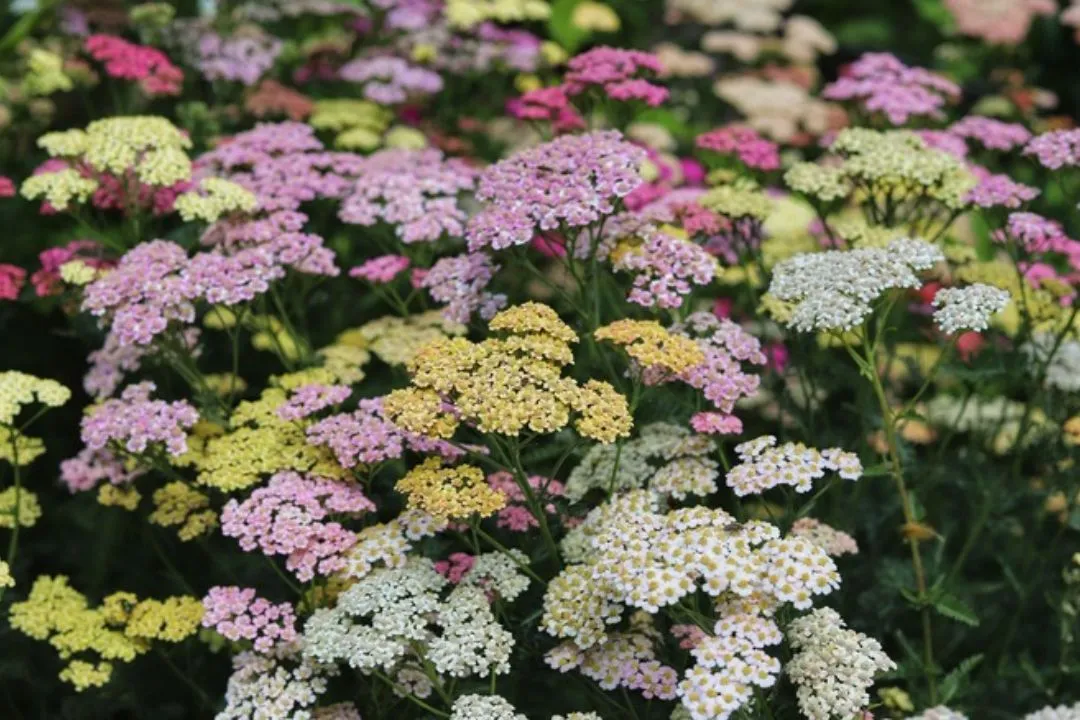
Baking soda can make your flowers pop with color. It’s great for plants that like alkaline soil. Try this with:
- Geraniums
- Begonias
- Petunias
Dissolve 1 tablespoon of baking soda in 1 quart of water. Water your flowers with this mix once a month. Watch them bloom brighter than ever!
8. Cleaning Your Garden Tools
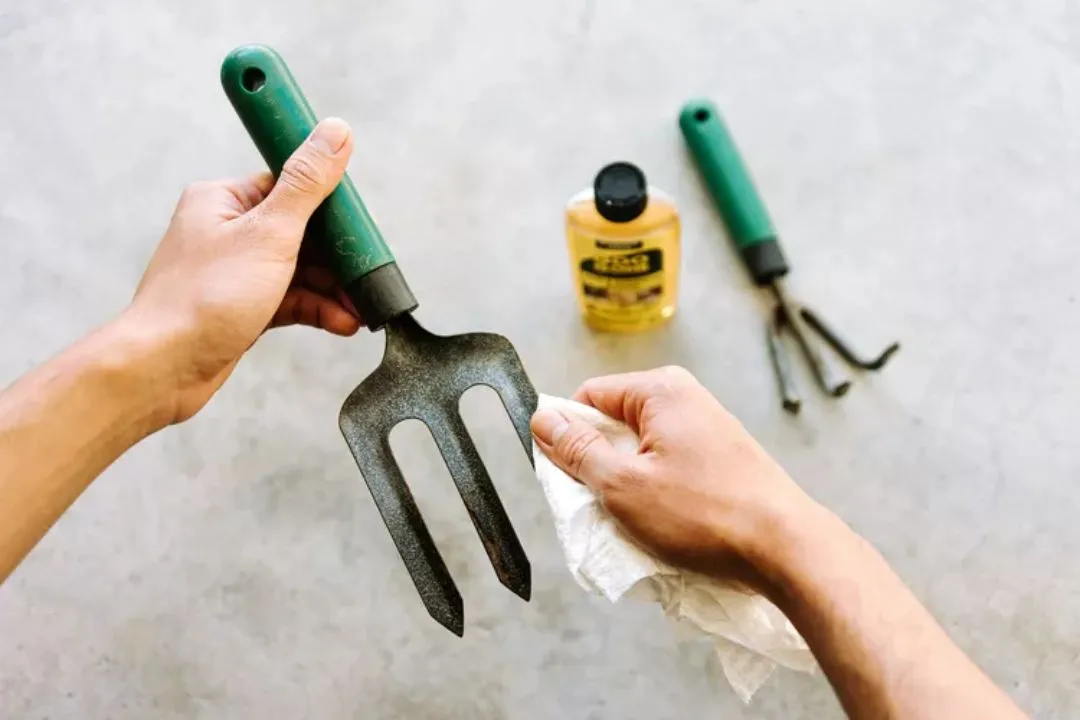
Dirty tools can spread plant diseases. Baking soda can help keep them clean. Here’s how:
- Make a paste with baking soda and water.
- Scrub your tools with this paste.
- Rinse and dry well.
This natural cleaner removes dirt and rust. It also kills harmful bacteria. Clean tools mean healthy plants!
9. Freshen Up Compost Bin
Compost is great for gardens, but it can smell bad. Baking soda can fix that:
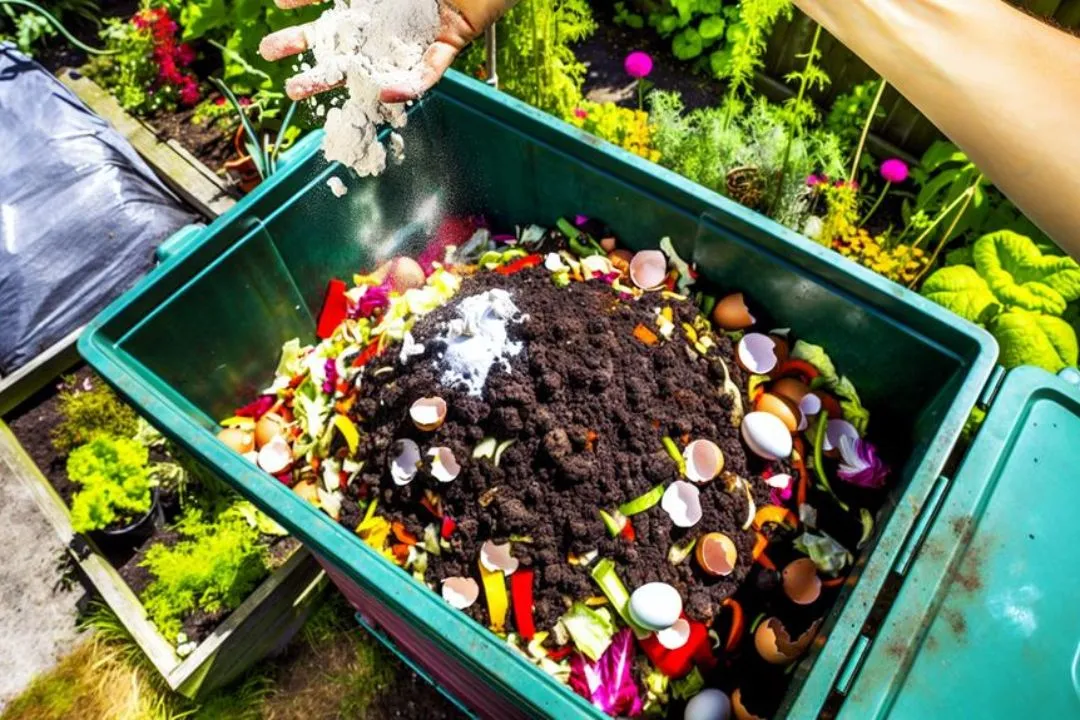
- Sprinkle baking soda on each new layer of compost.
- Use about 1/4 cup for every foot of material.
- Mix it in lightly.
This cuts down on acidic odors. It also helps balance the pH of your compost.
10. Dealing with Powdery Mildew
Powdery mildew is a common plant problem. It looks like white powder on the leaves. Baking soda can help.
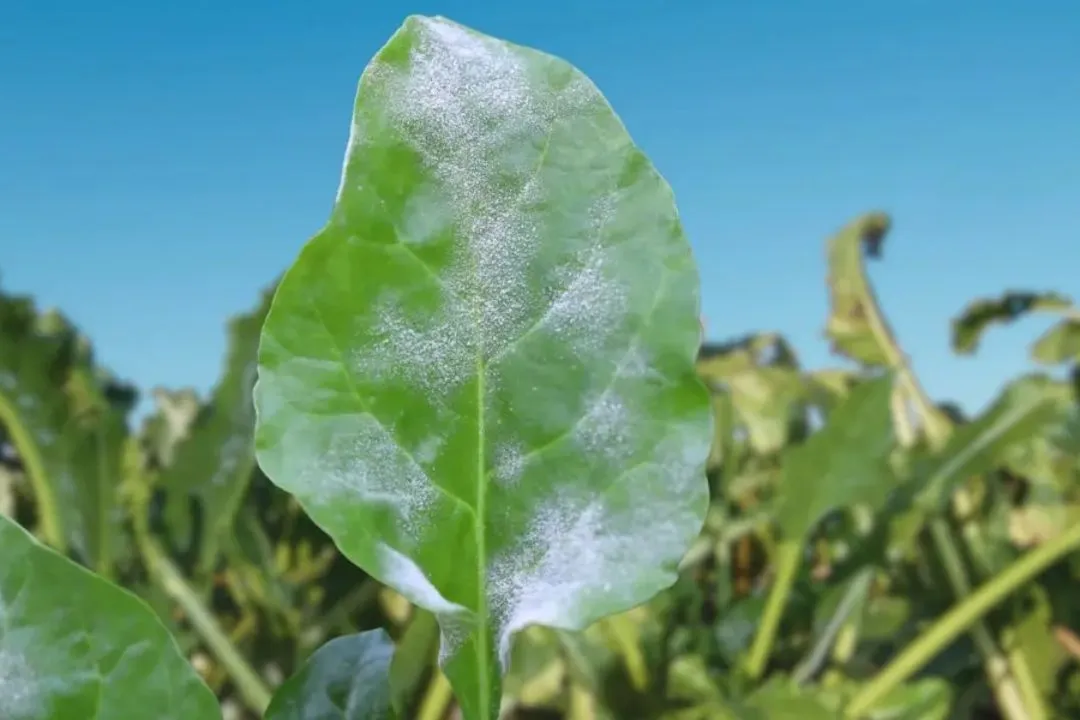
- Mix 1 tablespoon baking soda with 1/2 teaspoon liquid soap in 1 gallon of water.
- Spray on affected plants weekly.
- Apply in the morning so leaves can dry.
This works well on:
- Cucumbers
- Squash
- Melons
- Roses
11. Need to Clean Birdbaths and Fountains?
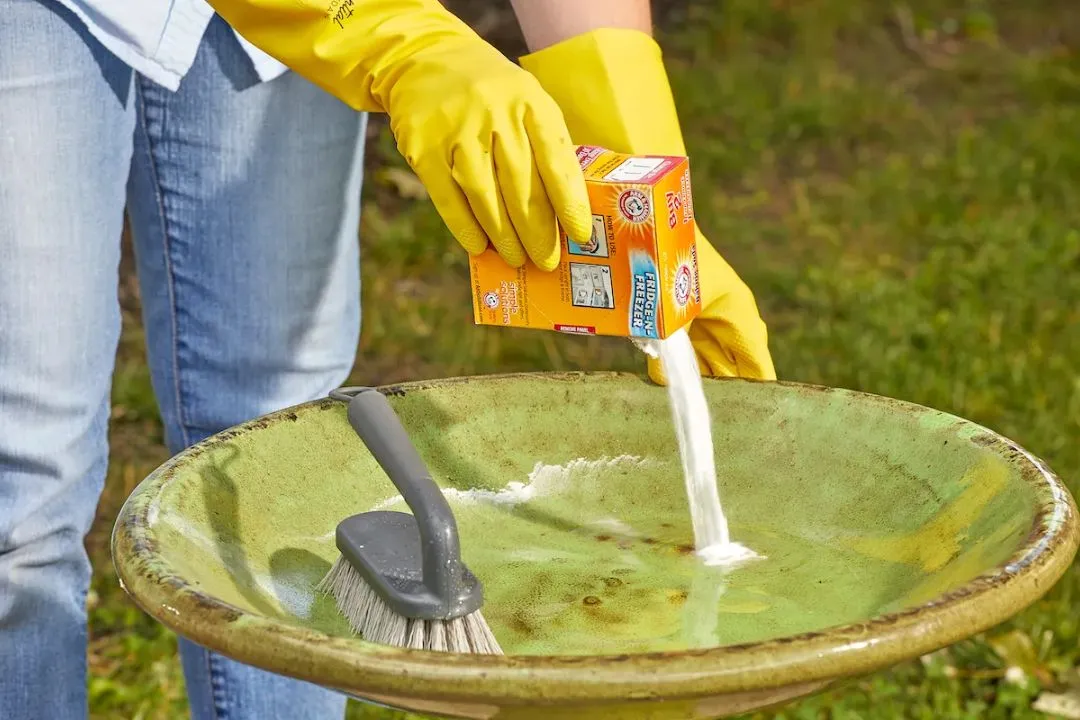
Birds and water features add life to a garden. But they can get grimy. Try this:
- Sprinkle baking soda on the wet surface.
- Scrub with a brush.
- Rinse well.
This cleans without harsh chemicals. It’s safe for birds and plants.
12. Looking for a Natural Weed Killer?

Some weeds are tough to beat. Baking soda can help, especially in cracks and walkways:
- Wet the weeds.
- Cover them with baking soda.
- Sweep extra baking soda into cracks.
The high sodium content in baking soda kills weeds. Be careful around plants you want to keep!
13. Extend the Life of Cut Flowers
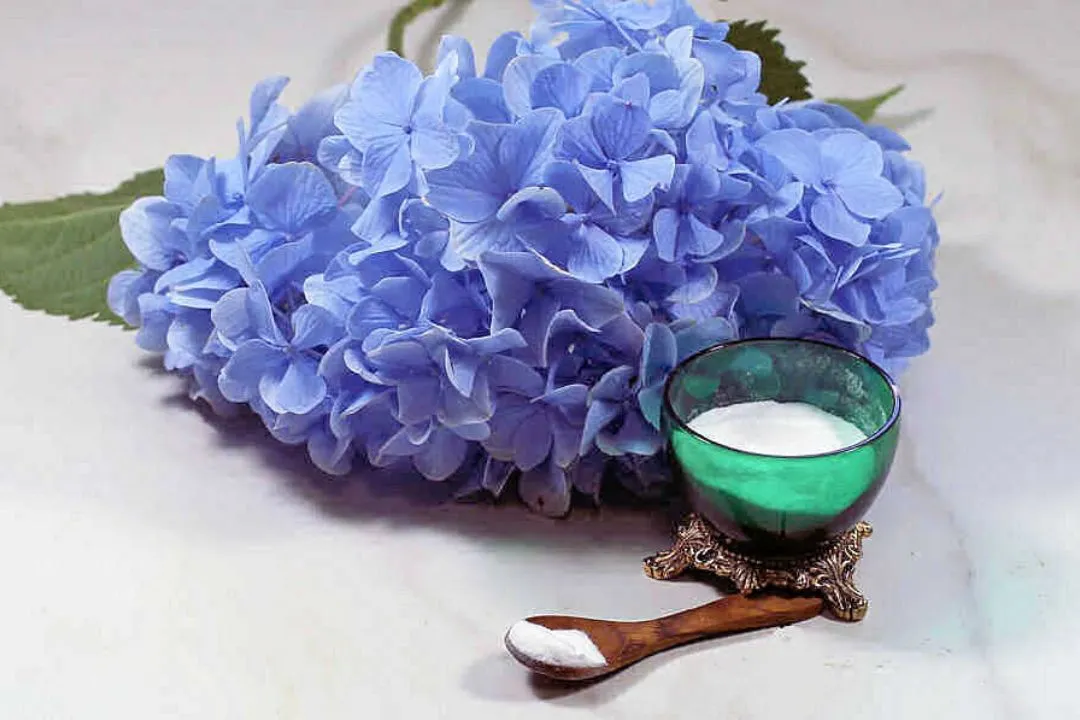
Fresh-cut flowers brighten any room. Make them last longer with baking soda:
- Add 1 teaspoon of baking soda to the vase water.
- Change the water every few days.
- Add fresh baking soda each time.
This keeps the water clean and helps flowers stay fresh longer.
14. Want to Keep Ants at Bay?
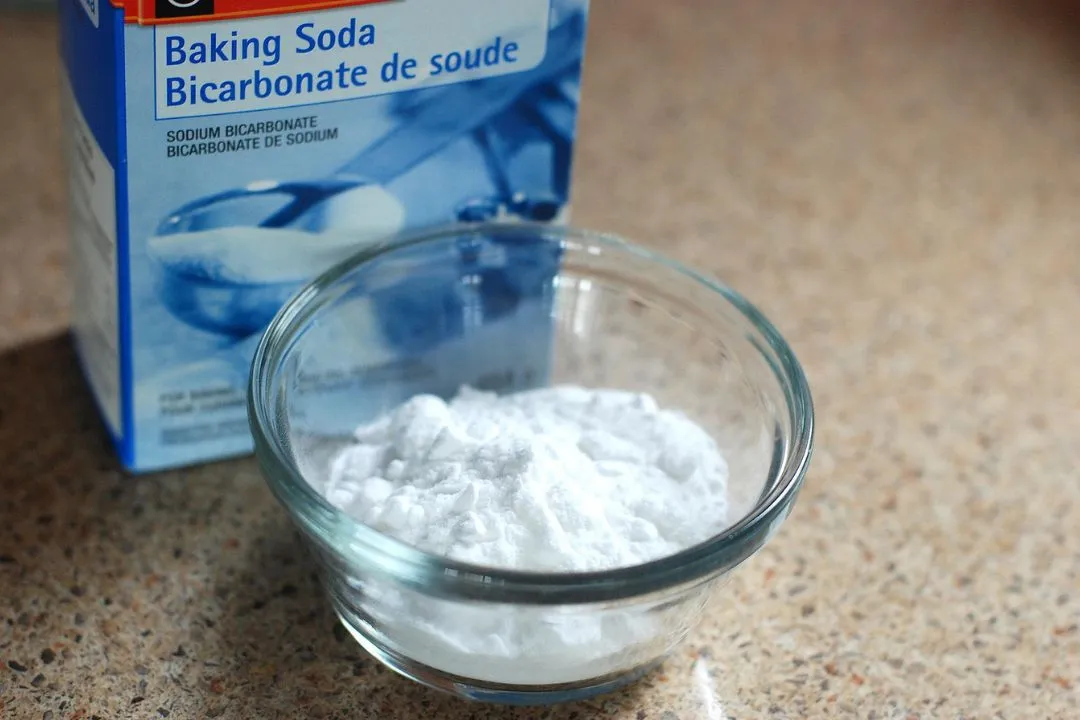
Ants can be a nuisance in the garden. Baking soda offers a safe way to deter them.
- Mix equal parts baking soda and powdered sugar.
- Sprinkle this mixture near ant hills or along their trails.
- Reapply after rain or every few days.
The ants are attracted to the sugar but eat the baking soda too. This natural method keeps ants away without harming your plants.
15. Reduce Transplant Shock
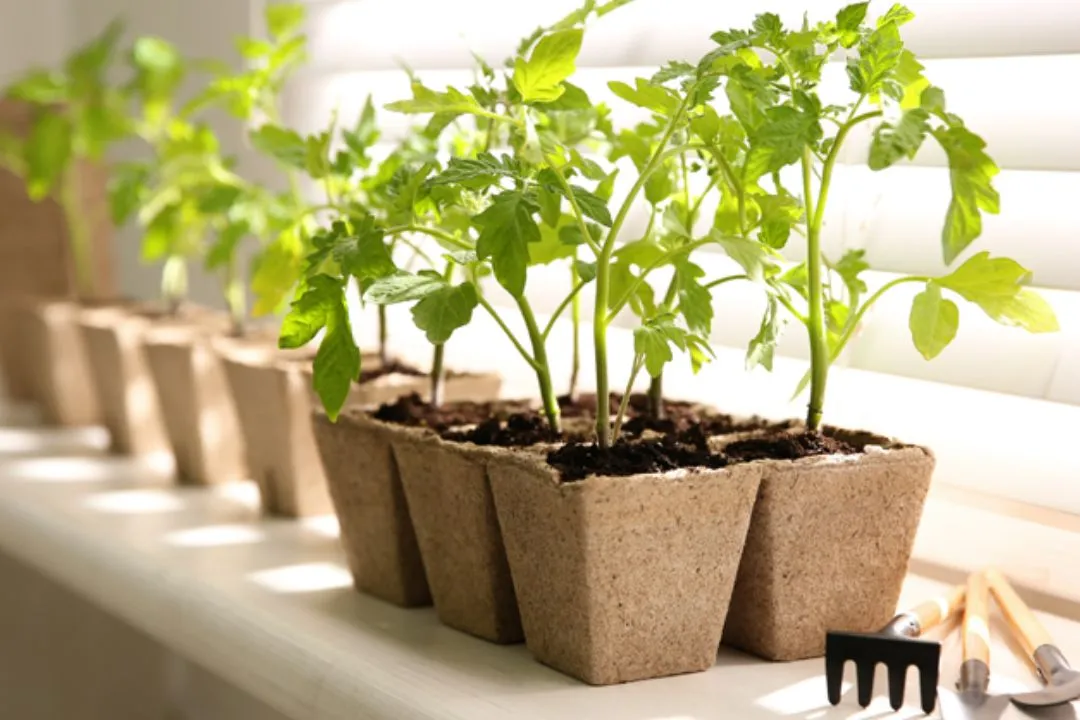
Moving plants can be stressful for them. Baking soda can help ease the transition:
- Mix 1 tablespoon of baking soda in 1 gallon of water.
- Water newly transplanted plants with this solution.
- Do this once a week for the first month.
This helps balance the soil pH and reduces stress on the plant’s roots. Your transplants will settle in faster and grow stronger.
16. Clean Clay Pots
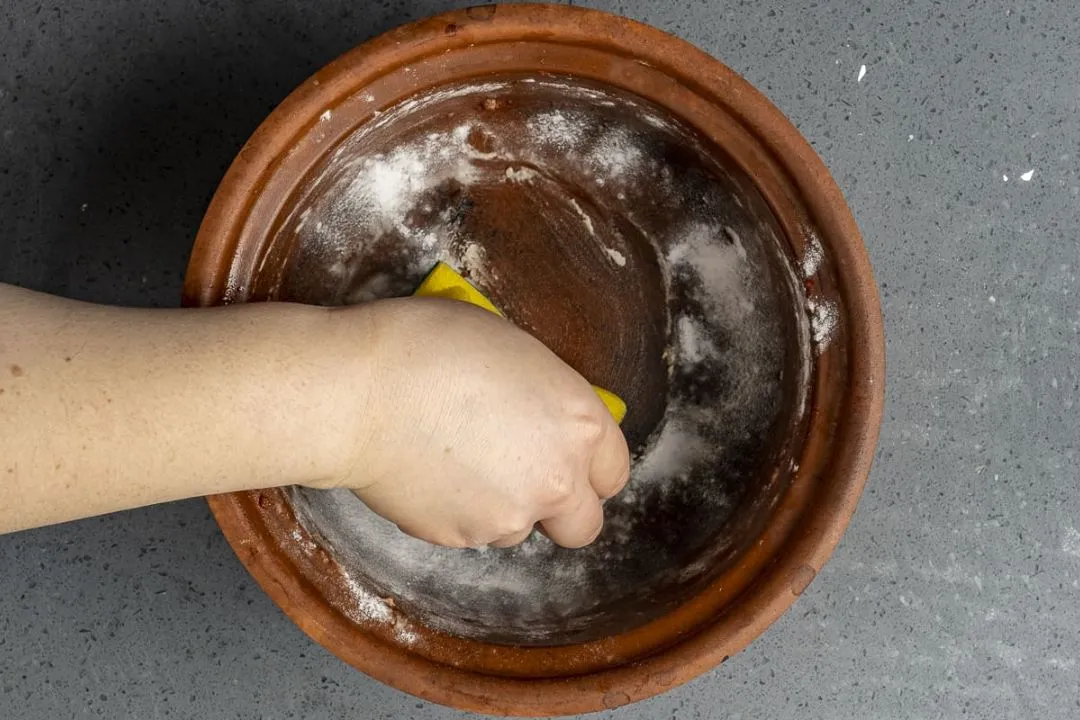
Old clay pots often have mineral buildup. Baking soda can make them look new again:
- Make a paste with baking soda and water.
- Scrub the pots with this paste using a stiff brush.
- Rinse well and let dry in the sun.
Clean pots not only look better but also prevent the spread of plant diseases.
17. Natural Way to Deter Rabbits
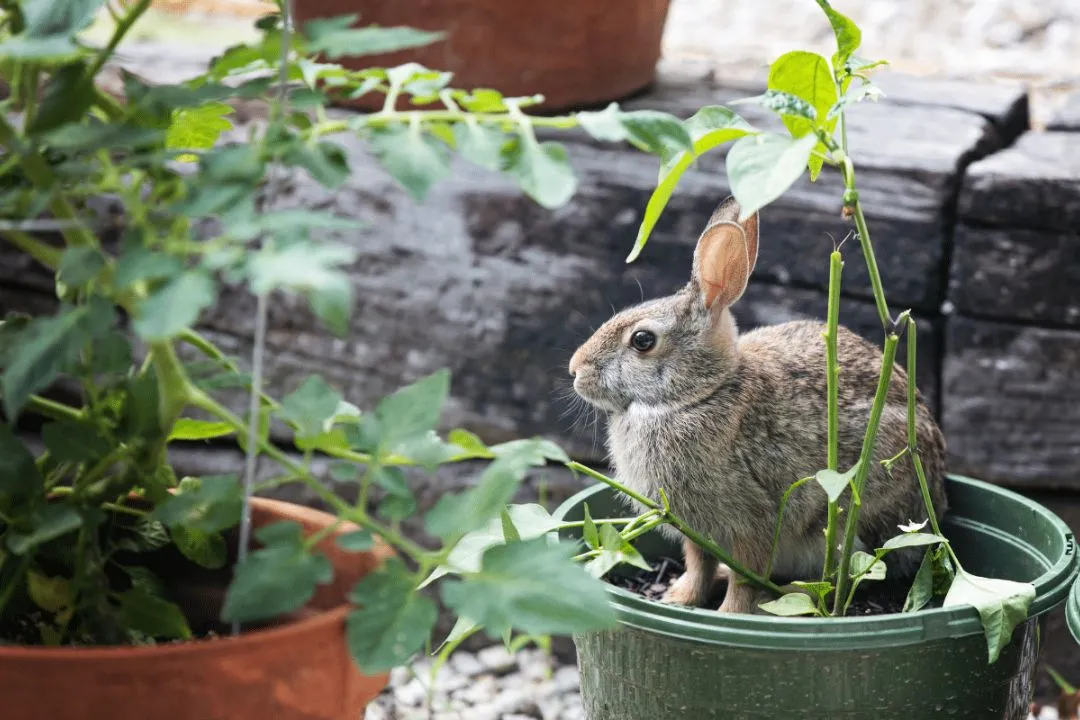
Rabbits love to munch on garden plants. Here’s how baking soda can help:
- Sprinkle baking soda around the plants rabbits like to eat.
- Reapply every few days or after rain.
- Mix with used coffee grounds for extra effect.
The smell and taste of baking soda often keep rabbits away. It’s a humane way to protect your plants.
18. Want to Boost Your Plants’ Nutrient Uptake?
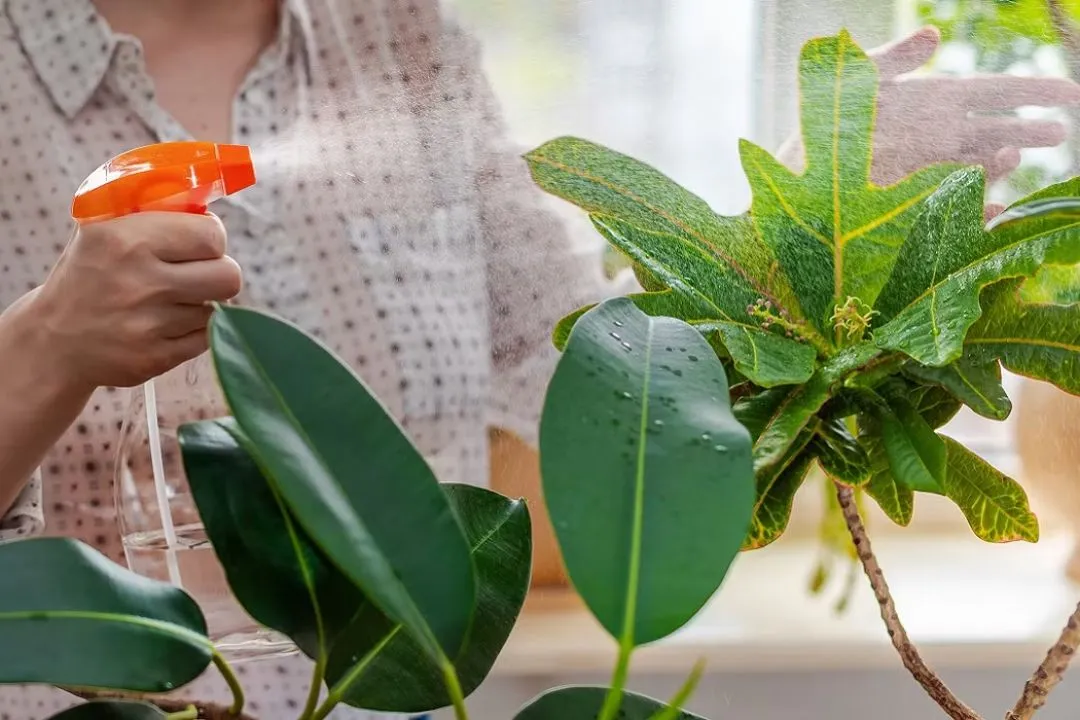
Baking soda can help your plants absorb nutrients better:
- Mix 1 teaspoon of baking soda in 1 quart of water.
- Use this to water your plants once a month.
- Do this in the morning or evening, not in full sun.
This slightly raises the pH of the soil, which can help some plants take up nutrients more easily. It’s especially good for –
- Tomatoes
- Peppers
- Squash
The following video should clear you up on this matter.
4 Pro Tips on Baking Soda Usage in the Garden
Using baking soda in your garden can be a game changer. Here are some tips to get the most out of it:
Remember These Tips:
Pure and Simple:
Make sure to use baking soda, not baking powder. They’re different products with different uses. Baking soda is pure sodium bicarbonate, perfect for garden use.
Dedicated Box:
Keep a separate box of baking soda just for your garden. This avoids any mix-ups with the kitchen supply. Label it clearly so you always know which one is for gardening.
Teamwork Makes the Dream Work:
Baking soda can work even better when combined with other natural gardening methods. Pair it with things like vinegar, compost, or mulch to enhance its effectiveness.
Plant Whisperer:
Pay close attention to your plants. If something seems off, adjust your baking soda use accordingly. Every plant is different, and sometimes a little tweak can make a big difference.
So, ditch the harsh chemicals and embrace the power of baking soda! It’s a simple, natural way to keep your garden healthy and thriving. Your plants will thank you for it.


